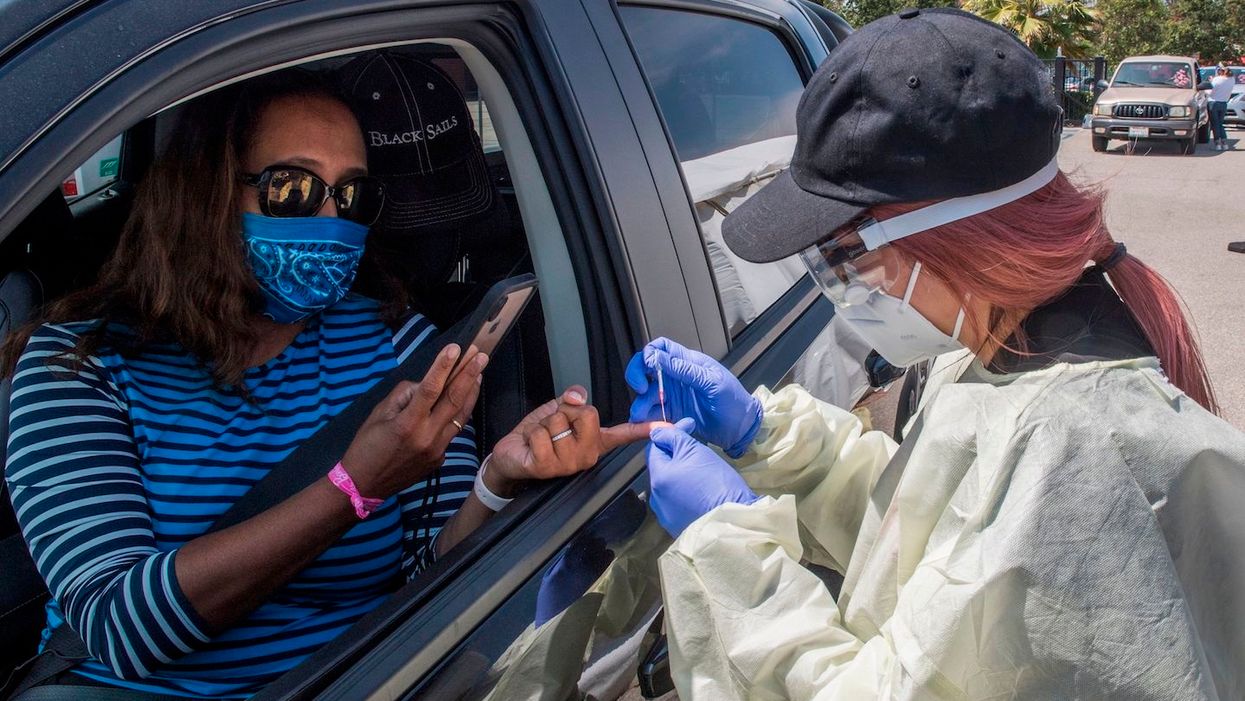A recent study from China found that the antibodies produced in COVID-19 patients fade relatively quickly, meaning people who contract the virus may not have immunity to reinfection for more than a few months, according to the University of Minnesota's Center for Infectious Disease Research and Policy.
The study was conducted by Chinese researchers and published June 18 in Nature Medicine. It focuses on 37 individuals from the Wanzhou district who tested positive for COVID-19 but had no symptoms in the previous 14 days or during their time in the hospital.
The 37 were pulled from a group of 2,088 people who were tested due to recent close contact with confirmed COVID-19-positive individuals. Researchers used 37 mildly symptomatic COVID-19 patients as a control group.
The antibody levels in 93% of the asymptomatic group and 97% of the symptomatic group dropped by more than 70% after eight weeks. Some of those individuals — 40% of the asymptomatic group and 12.9% of the symptomatic group — showed no sign of the COVID-19 antibodies at all after that eight-week period.
"Together, these data might indicate the risks of using COVID-19 'immunity passports' and support the prolongation of public health interventions, including social distancing, hygiene, isolation of high-risk groups and widespread testing," the researchers wrote.
A previous study out of Wuhan that was published June 16 similarly found that "after SARS-CoV-2 infection, people are unlikely to produce long-lasting protective antibodies against this virus."
Patients who contracted previous coronaviruses such as SARS or MERS showed antibody responses for 2-3 years after the outbreaks.
The Wanzhou study also found that asymptomatic patients shed the virus longer than symptomatic patients, although that doesn't necessarily mean the virus particles being shed are infectious.
Yale viral immunologist Akiko Iwasaki said the results show that a strong vaccine is needed because natural infection may not be enough to create herd immunity.







